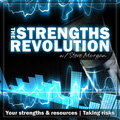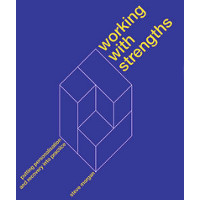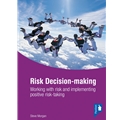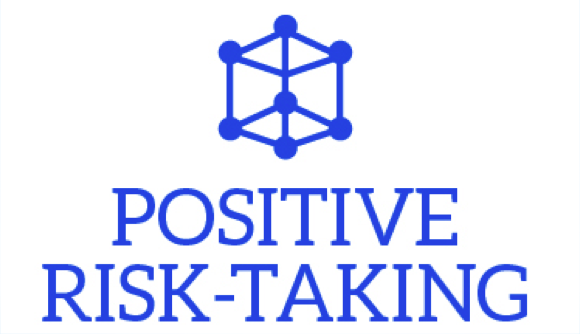Making your best decision
 Tuesday, November 1, 2022 at 4:25PM
Tuesday, November 1, 2022 at 4:25PM You make several decisions every day, some without much conscious thought. But, every once in a while you're challenged to make a difficult decision... either in your work, or in life in general. So, how confident are you that you're making the best decision you can in those circumstances?
I've been working in and alongside a range of health and social care services since the mid-1980's, and I've been involved in a wide range of big decisions. The following link offers a training session on what I take into account when making those decisions myself, or supporting others to make their big decisions.
https://event.webinarjam.com/register/25/w0y8gaoo
Our narrow focus on risk assessment and risk management may be deflecting us away from what is THE core skill... confident and reasoned risk decision-making. I've published the books and manuals on the subject over many years, but now I'm creating that information in a more easily accessible digital format. What have you got to lose... apart from a short amount of your valuable time? Click on the following link to get instant access to a FREE training webinar outlining my 5 simple steps to making better decisions:
https://event.webinarjam.com/register/25/w0y8gaoo
This takes my original concept of positive risk-taking and puts it into practical use.







